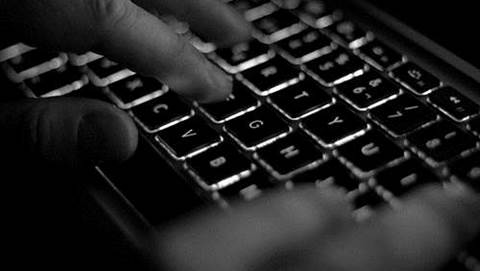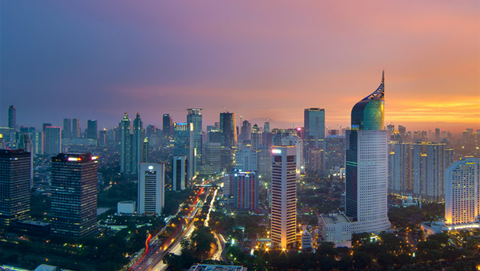Singapore’s laws need to evolve to deal with emerging cyber threats and the volume of technology-enabled crimes, but so does its level of international cooperation, Senior Minister Teo Chee Hean has said.
Speaking at HTX’s inaugural TechX Summit, Teo said that cybercrime had “become the predominant mode of crime in recent years” in Singapore, surpassing physical crime levels.
“We saw a decline in physical crime last year, with theft and housebreaking-related crimes falling by eight percent and 24 percent respectively to a 37-year low,” Teo said.
“On the other hand, online scams rose by 52.9 percent and made up 51.8 percent of all crimes – an all-time high.”
While lockdowns made it more difficult to perpetrate physical crimes, Teo believed cybercrime statistics would have risen regardless - “even without the pandemic.”
He also added that innovative uses of technology had played a part in enabling homeland security and law enforcement agencies to reduce physical crime levels.
While plausible that “strategic and focused application of technology” could similarly be used to tackle cybercrime levels, Teo noted it is but one potential mitigation.
In all likelihood, Singapore’s laws needed to be updated first to deal with the current threats.
“We need our policies, doctrines, laws and techniques to be alive to and aligned with the new dangers,” Teo said.
“The criminal organisations are working outside the law, so they are not bound by the law. But we, working within the law and enforcing the law, are bound by the law.
“Therefore, our concepts, our doctrines and our laws need to evolve with the changing circumstances so that we can deal with these new threats.
“We will need to have the legal tools, and not just the technological tools, to deal with these new threats. Then we can develop the concepts, apply the technologies and break the cycle.”
Teo said the effect of any application of technology to reduce cybercrime levels also had to be balanced.
“Even as technology has afforded us new capabilities to combat both physical and cybercrime, it is not an unalloyed good,” he said.
“For example, while surveillance cameras and facial recognition technology can keep us safer, they also raise concerns about privacy.
“We need to establish proper guidelines and standards on the use of technology to provide ample protection and to preserve trust and confidence.
“Only with these in place can we make the best use of what technology can offer us, to improve our capability to protect our societies and people from the new dangers.”
Teo added that some cybercrimes were also borderless and took advantage of “gaps and interstices … where different legal regimes and jurisdictions meet.”
In that context, international cooperation is important. Teo said Singapore is “trying to play our part” in this regard, “at the World Intellectual Property Organisation, at the United Nations Open-Ended Working Group on Cybersecurity, or OEWG, and the sixth Group of Governmental Experts, or GGE”; in cooperation with Interpol; and at the Financial Action Task Force, or FATF.









